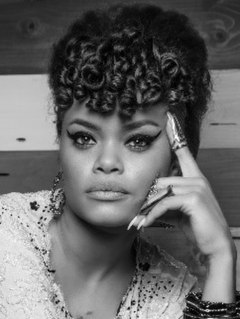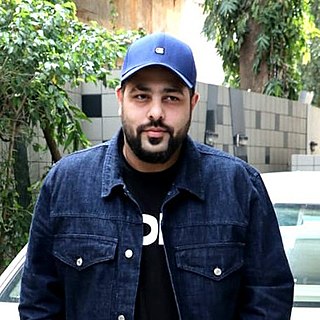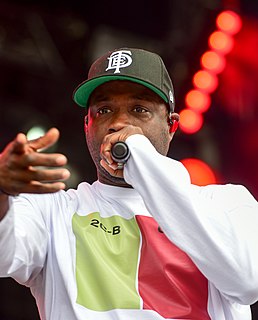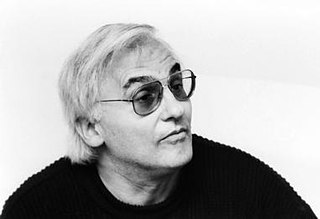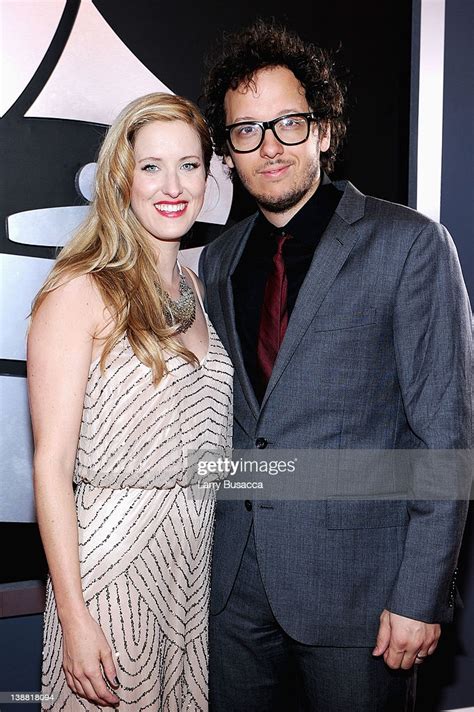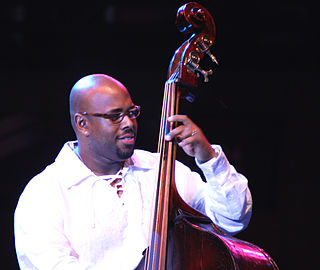A Quote by Andra Day
Listening to the stories told in jazz music and how those artists expressed their truths about the times and what they were dealing with is what struck me the most.
Related Quotes
I love jazz. So to me, there are two main types of jazz. There's dancing jazz, and then there's listening jazz. Listening jazz is like Thelonius Monk or John Coltrane, where it's a listening experience. So that's what I like; I like to make stuff that you listen to. It's not really meant to get you up; it's meant to get your mind focused. That's why you sit and listen to jazz. You dance to big band or whatever, but for the most part, you sit and listen to jazz. I think it comes from that aesthetic, trying to take that jazz listening experience and put it on hip-hop.
Even my colleagues don't read classic criticism. And my feeling is that if you don't do that then you're not really practicing your craft. That's how you learn how to do it. You don't learn how to write about jazz just from listening to jazz. You learn how to write by reading the great writers and how they worked, the great music critics.
Beyond that, it gets down to the nuts and bolts of discipline - not a tradition or genre, I don't care about that, actually - but discipline in the sense of just working on music and working on thinking about music. It doesn't matter if it's jazz or not. It's about how we listen, how we interact, how we guide our attention when we're listening, and how we can refine what we're doing musically.
What I've learned from my gurus is that when you hear music, you hear a person, or you hear people, and you hear everything about them in those moments. They reveal themselves in ways that cannot be revealed any other way, and it contains historical truths because of that. To me, that is the most important thing. It shouldn't be a footnote, or the last chapter. It should be the complete thesis about a book on listening.
A lot of people in the jazz community are looking at how much notoriety we're getting. And we're an inspiration to a lot of young people, because now there's something new they can aim for that's in their grasp. Because a lot of times when you attend a jazz college it's all about the history, none of the teachers there are forward-thinking, for the most part, so they don't teach you how to be yourself and embrace the music around you.
I visited New York in '63, intending to move there, but I noticed that what I valued about jazz was being discarded. I ran into `out-to-lunch' free jazz, and the notion that groove was old-fashioned. All around the United States, I could see jazz becoming linear, a horn-player's world. It made me realize that we were not jazz musicians; we were territory musicians in love with all forms of African-American music. All of the musicians I loved were territory musicians, deeply into blues and gospel as well as jazz.
I kind of grew up a guitar nerd and I tried to figure out how to shred on an acoustic guitar as a kid, while listening to jazz or whatever. So that is kind of a different thing and my church background, growing up with worship kind of the ground that I learned how to play music from. Those are all odd ways of growing up, compared to most people, so I think the music has plenty of uniqueness in that.
I learned how music works dealing with Jermaine Dupri, and I learned how image works dealing with Puff Daddy. ... Singing is an acting role within itself...I've gone through a lot of trial and error to find what works and what doesn't. With that comes an understanding of how to offer the same opportunities to other artists. ... In my opinion the world is in need of real soul music. ... I'm a flamboyant type of guy, a cooler version of Liberace. ... I'm a younger Morgan Freeman. ... I've been working so hard, I'm about to have a Mariah Carey.
That's what it is-it's jazz. It's just jazz. That's what the whole thing is about to me. It's about what's happening right now in this context. This conversation is jazz to a certain extent. It's improvisation. What appeals to me about music is the improvization. That's what I don't like about the media-they're not living it.
